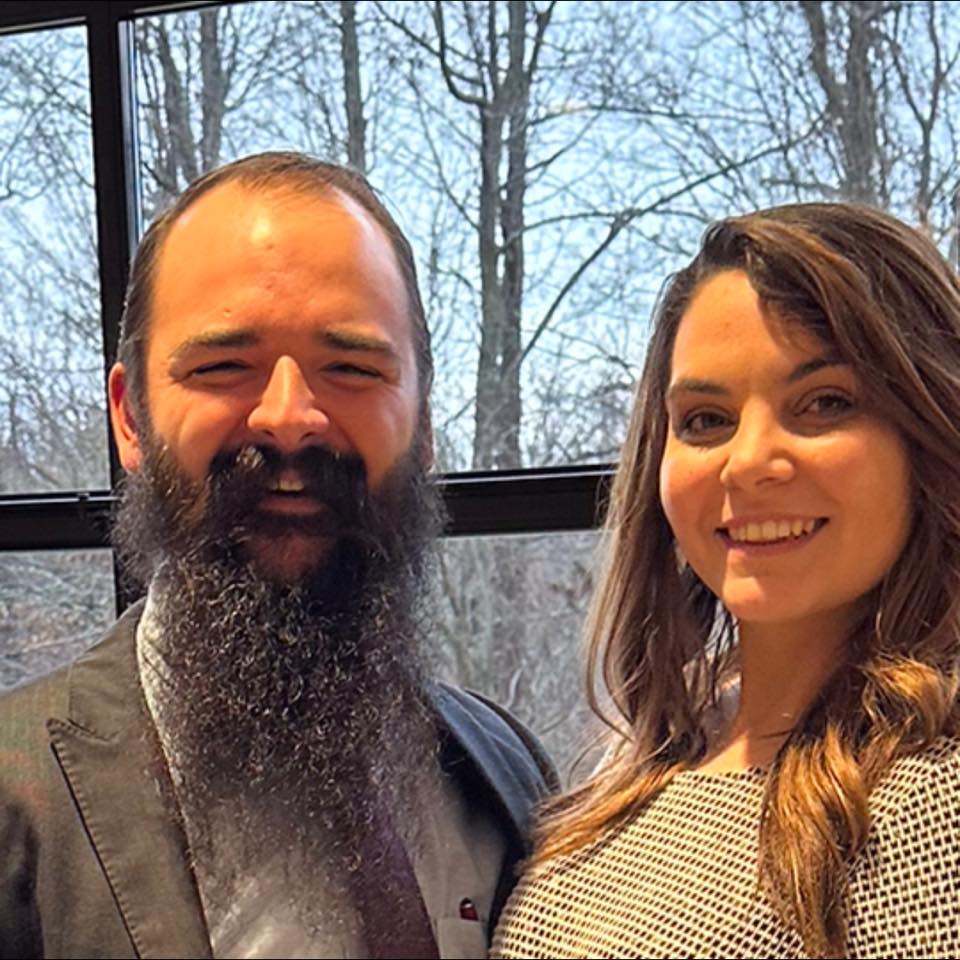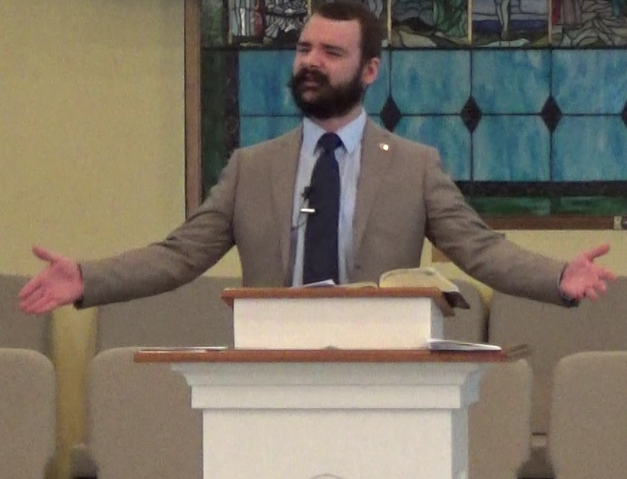An Oklahoma judge was recently judged to be unfit to judge because of poor judgment. According to the Associated Press, the former district judge sent over five-hundred text messages to friends during a murder trial, “including messages that mocked prosecutors and were sprinkled with emojis.” Obviously, judges should oversee cases with serious solemnity and meticulous attention to detail since lives are at stake and justice must be served. Justice is not a joke, and this ex-judge is currently on trial for “gross neglect of duty, oppression in office, lack of proper temperament and failure to supervise her office.” If she hadn’t been caught on CCTV cameras, she may have issued an unfair verdict that reduced the criminal’s charges.
Guilty sinners like you and I might wish that the Judge of all the universe is just as careless and neglectful of our spiritual crimes. We may hope that He is too preoccupied with controlling the cosmos to remember the multitude of our trespasses and sins. But the verdict of the Bible is that God keeps a perfect ledger of all our evils (Rev. 20:12-15). Every last sin—from the time of our birth to our death—will be recorded in the books that shall be opened on the Day of Judgment. God sees all of our iniquities (Heb. 4:13), and He could even see them with His eyes closed (cf. Psalm 11:4).
The good news is that the same Judge fully and finally forgives those who are in Christ. Those whose names are written in the Book of Life do not need to worry about any books containing a record of their sins because they have been erased and forgotten (Jer. 31:34; cf. Psalm 103:12). Jesus traded places with guilty sinners, and He cancels the gargantuan sin debt of anyone who trusts in Him (Col. 2:14). That is why Paul said in 2 Corinthians 5:21, “For our sake he made him to be sin who knew no sin, so that in him we might become the righteousness of God.” The one who has faith in Jesus is justified by the Judge Himself and declared innocent because of the substitutionary atonement of Christ (Rom. 3:21-26).
Jesus bore your punishment, paid your penalty, and died the death you deserve (Rom. 6:23). As Isaiah the prophet declared, “But he was pierced for our transgressions; he was crushed for our iniquities; upon him was the chastisement that brought us peace, and with his wounds we are healed. All we like sheep have gone astray; we have turned—every one—to his own way; and the LORD has laid on him the iniquity of us all” (Isa. 53:5-6). Have you trusted in the Christ who was judged in your place or are you hoping that God is too busy to keep up with your sins?
Bible Gleanings is a widely-read weekend devotional column, written for the Murray Ledger & Times in Calloway County, Kentucky.

Brandon is the founder and main contributor to Brandon’s Desk, the blog with biblical resources from his ministry. He pastored the family of believers at Locust Grove Baptist Church in Murray, Kentucky for six years. He and his wife Dakota live there with their three dogs, Susie (Jack Russell), Aries (English Shepherd), and Dot (Bluetick Beagle).
For more devotional entries like this, check out Brandon’s latest book, Bible Gleanings Volume II, which features 100 daily devotionals gleaned from God’s word:





 Brandon is the founder and main contributor to Brandon’s Desk, the blog with free Christian resources from his ministry. He is proud to be the pastor of the family of believers at Locust Grove Baptist Church in Murray, Kentucky. He and his wife Dakota live there with their two dogs, Susie and Aries.
Brandon is the founder and main contributor to Brandon’s Desk, the blog with free Christian resources from his ministry. He is proud to be the pastor of the family of believers at Locust Grove Baptist Church in Murray, Kentucky. He and his wife Dakota live there with their two dogs, Susie and Aries.